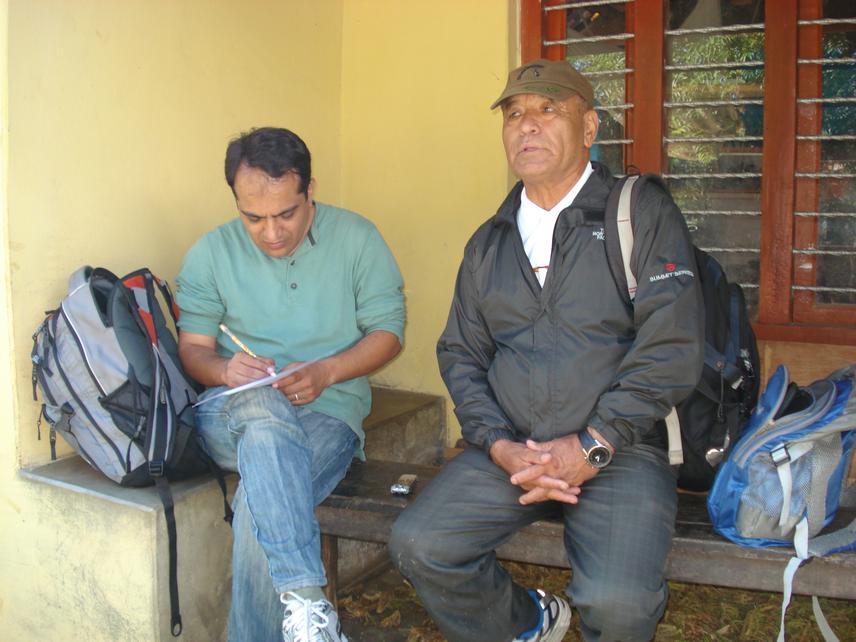Nabin Baral
Other projects
The project’s aim is to explore attributes of community-based conservation that make its institutions resilient to political instabilities.

In the developing world, institutional sustainability of the conservation sector has remained weak in many cases. A new model of community-based conservation (CBC) – a decentralized, people-oriented approach to natural resource management – was introduced to address the problem. In this model, the local people institute a grassroots organization called user groups and elect executive members to the office. Each user group prepares a management plan regarding conservation, management and use of natural resources, and sustainable development within their administrative boundaries. The executive committee is in-charge of implementing the management plan and performing day-to-day office activities. The CBC approach has achieved a measurable success in preventing resource exploitations and the proponents consider it a more sustainable option for natural resource management. This may be true in times of peace, but we do not know whether the CBC model is institutionally resilient in times of political instability.
In Nepal, the CBC approach suffered the consequences of the Maoist insurgency that lasted from 1996 to 2006. The rebels vandalized offices of user groups, burned official documents, threatened executive members and killed local conservation leaders. These activities challenged the sustainability of the CBC model. In the field, some groups were highly functional and delivered their services while others were mere existent and remained inactive during the insurgency. This observation guided my research question, and I am interested to find out empirically why were some community-based institutions more resilient to the Maoist insurgency than others and what explains their institutional resilience? I am exploring this question through an interdisciplinary lens that integrates theories and concepts from ecology, sociology, psychology, political science and management.
For my research purpose, I define institutional resilience as the capacity of user groups to sustain their functions during and after the insurgency. The literature shows that the performance of groups in organizational context is influenced by the following factors, among others: the level of trust, empowerment, decision making processes, conflict resolution strategies, knowledge and skills, experimentation and innovation, motivation, and organizational leadership. I will draw upon these findings and also interject my perspectives to assess institutional resilience of CBC. My methods of data collection will be scripted-interviews with the executive committee members and field observations. I intend to present the results of case studies with backing from statistical analyses of quantitative data.
I envision resilient groups as those having higher levels of intra-member trust, proven conflict resolution strategies, participatory decision-making processes, innovative mechanisms to adapt and effective organizational leadership. At the end, I expect to document the characteristics of resilient institutions, the factors accruing legitimacy to conservation institutions, the reasons why members are committed to institutions, and the factors influencing members’ attitudes towards conservation institutions. The research findings may help to build more robust conservation institutions that could go a long way for biodiversity conservation in the developing countries while integrating human needs.